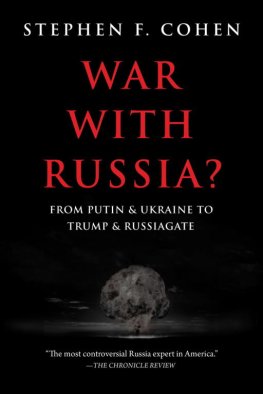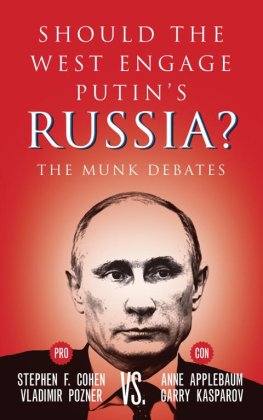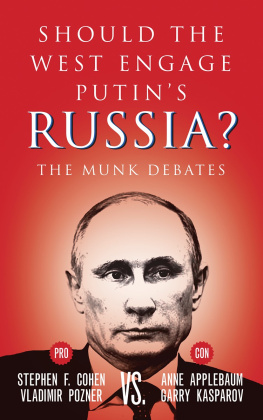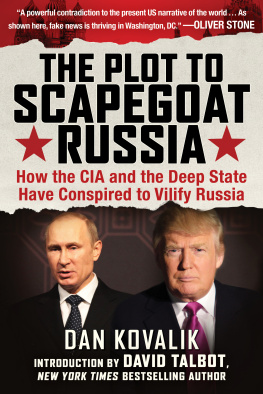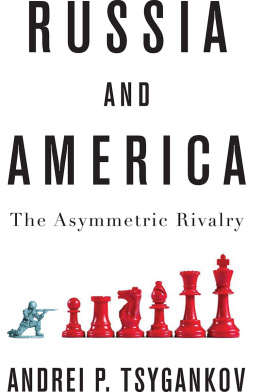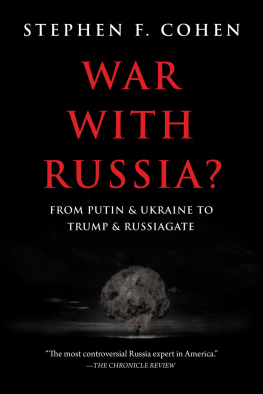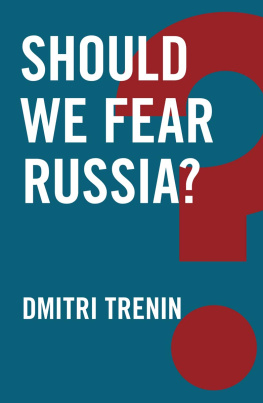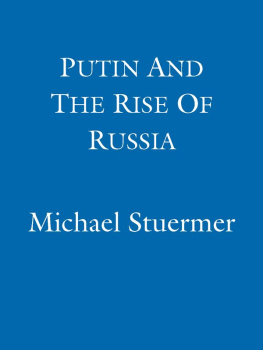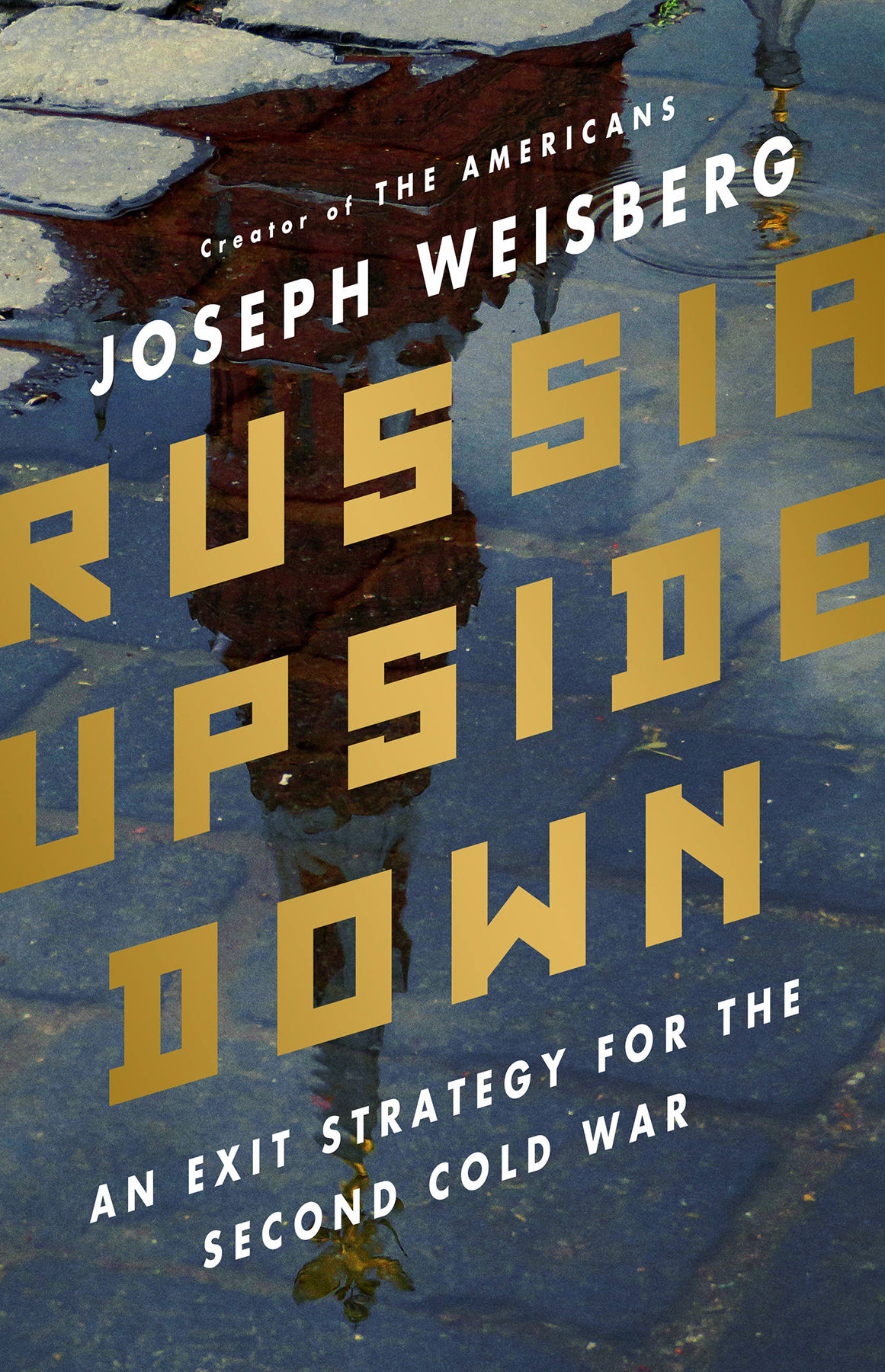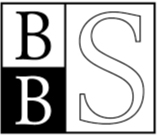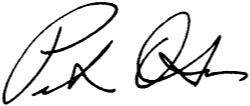PublicAffairs is a publishing house founded in 1997. It is a tribute to the standards, values, and flair of three persons who have served as mentors to countless reporters, writers, editors, and book people of all kinds, including me.
I.F. S TONE , proprietor of I. F. Stones Weekly, combined a commitment to the First Amendment with entrepreneurial zeal and reporting skill and became one of the great independent journalists in American history. At the age of eighty, Izzy publishedThe Trial of Socrates, which was a national bestseller. He wrote the book after he taught himself ancient Greek.
B ENJAMIN C. B RADLEE was for nearly thirty years the charismatic editorial leader ofThe Washington Post. It was Ben who gave the Post the range and courage to pursue such historic issues as Watergate. He supported his reporters with a tenacity that made them fearless and it is no accident that so many became authors of influential, best-selling books.
R OBERT L. B ERNSTEIN , the chief executive of Random House for more than a quarter century, guided one of the nations premier publishing houses. Bob was personally responsible for many books of political dissent and argument that challenged tyranny around the globe. He is also the founder and longtime chair of Human Rights Watch, one of the most respected human rights organizations in the world.
For fifty years, the banner of Public Affairs Press was carried by its owner Morris B. Schnapper, who published Gandhi, Nasser, Toynbee, Truman, and about 1,500 other authors. In 1983, Schnapper was described byThe Washington Post as a redoubtable gadfly. His legacy will endure in the books to come.
Peter Osnos, Founder
All statements of fact, opinion, or analysis expressed are those of the author and do not reflect the official opinions or views of the Central Intelligence Agency (CIA) or any other U.S. Government agency. Nothing in the contents should be construed as asserting or implying U.S. Government authentication of information or CIA endorsement of the authors views. This material has been reviewed by the CIA to prevent the disclosure of classified information.
Copyright 2021 by Joseph Weisberg
Cover design by Pete Garceau
Cover image iStock / Getty Images
Cover copyright 2021 by Hachette Book Group, Inc.
Hachette Book Group supports the right to free expression and the value of copyright. The purpose of copyright is to encourage writers and artists to produce the creative works that enrich our culture.
The scanning, uploading, and distribution of this book without permission is a theft of the authors intellectual property. If you would like permission to use material from the book (other than for review purposes), please contact permissions@hbgusa.com. Thank you for your support of the authors rights.
PublicAffairs
Hachette Book Group
1290 Avenue of the Americas, New York, NY 10104
www.publicaffairsbooks.com
@Public_Affairs
First Edition: September 2021
Published by PublicAffairs, an imprint of Perseus Books, LLC, a subsidiary of Hachette Book Group, Inc. The PublicAffairs name and logo is a trademark of the Hachette Book Group.
The Hachette Speakers Bureau provides a wide range of authors for speaking events. To find out more, go to www.hachettespeakersbureau.com or call (866) 376-6591.
The publisher is not responsible for websites (or their content) that are not owned by the publisher.
Library of Congress Cataloging-in-Publication Data
Names: Weisberg, Joseph, 1965 author.
Title: Russia upside down : an exit strategy for the second Cold War / Joseph Weisberg.
Description: First edition. | New York : PublicAffairs, 2021. | Includes bibliographical references and index.
Identifiers: LCCN 2021016405 | ISBN 9781541768628 (hardcover) | ISBN 9781541768635 (epub)
Subjects: LCSH: United StatesForeign relationsRussia (Federation) | Russia (Federation)Foreign relations--United States. | United StatesPolitics and government1989- | Russia (Federation)Politics and government1991
Classification: LCC E183.8.R9 W429 2021 | DDC 327.73047086dc23
LC record available at https://lccn.loc.gov/2021016405
ISBNs: 978-1-5417-6862-8 (hardcover), 978-1-5417-6863-5 (ebook)
E3-20210825-JV-NF-ORI
For R
M ost writers who deal with the Soviet Union and Russia run up against the same word problem. Sometimes you mean one, sometimes you mean the other, sometimes you mean both. The most frequent solution Ive seen is to just use Russia all the time. Since Russia was the most politically and culturally dominant part of the Soviet Union, and since half the time people called the Soviet Union Russia anyway, this works reasonably well, even if its a little misleading.
But it doesnt work for me (except in the title of this book). I am referring so specifically to the Soviet Union or modern-day Russia, or both, over and over again, that the only approach I can find is to specify each time exactly which I mean. This is clumsy, and will likely drive you a little crazy, as it does me.
A merica fought a long and hard Cold War against the Soviet Union, primarily because they were communist, atheist, and politically repressive.
We, of course, were the exact opposite.
So that all made sense.
Then the Soviet Union collapsed. In short order, Russia embraced capitalism, and Orthodox Christianity reemerged as a fundamental, state-approved component of Russian identity. The government remained politically repressive, but much less so than the Soviet party/state. Although these changes were fraught and enormously complicated, our fantasy of Russia transforming into a country more like ours was, to a substantial degree, realized.
Our relationship should have improved dramatically at that point, and for a few years it did. But then the United States and Russia slid fairly rapidly into a second cold war. Maybe it started with the U.S. invasion of Iraq in 2003, maybe it started with the Russian invasion of Ukraine in 2014. More likely, it didnt start on a specific date at all. But we have at this point spent a number of years in this new cold war. It is an angry, dangerous confrontation, and it has done a surprising amount of damage. We have wreaked havoc on Russias economy. They have played a significant role in undermining our democratic process, and perhaps our society as a whole. Its not going well for anyone.
This book makes the case against our new cold war with Russia. It suggests that we are fighting an enemy with whom we have few if any serious conflicts of interest. It argues that we are fighting with ineffective and dangerous tools. And most of all, it aims to demonstrate that our approach is not working.
What we need is a whole new way of thinking about Russia, a completely new paradigm that will get us out of this conflict. I call this new way of thinking a self-aware politics. I know those two words fit together awkwardly. Self-aware comes from the world of psychology, and has a whiff of New Agey-ness. It can be used judgmentally, implying some people are and some people arent. It is, undeniably, fuzzy. The word politics is weightier, more practical. Even when used conceptually, its anything but fuzzy. As a word, politics doesnt want to be anywhere near self-aware.


